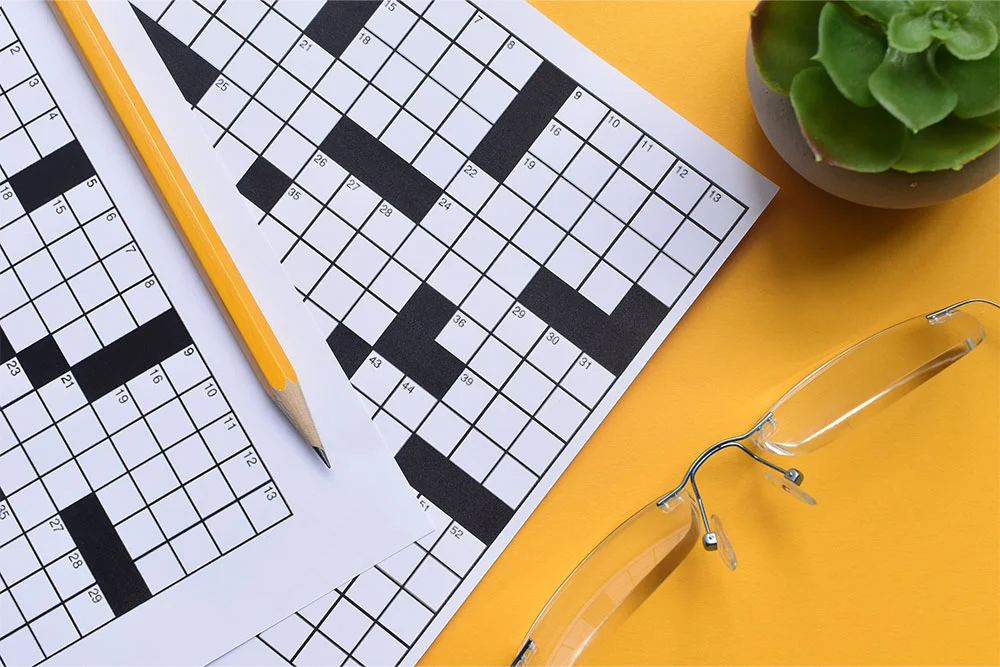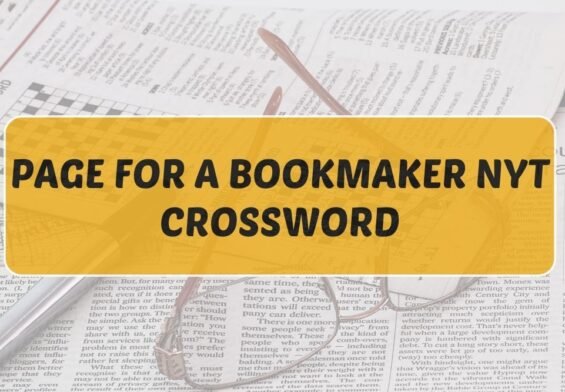The New York Times crossword puzzle is a beloved brain teaser that has captivated millions of enthusiasts for decades. Among the myriad of clues and solutions that test your intellect and vocabulary, some stand out for their simplicity yet cleverness. One such clue is “Admit one was wrong,” which often leaves solvers scratching their heads until that satisfying “Aha!” moment.
In this blog, we’ll delve into the intricacies of this fascinating crossword clue, breaking down its meaning, exploring effective strategies for solving it, and uncovering the enduring appeal of the NYT crossword puzzles.
What Does “Admit One Was Wrong” Mean in a Crossword?
When faced with the clue “Admit one was wrong” in the New York Times crossword, your initial instinct might be to interpret it literally. However, crossword clues are often far from straightforward. This particular clue typically points to a word that implies acknowledging a mistake or taking responsibility.
Common answers to this clue include:
- ERR: A classic crossword word meaning to make a mistake.
- OWNUP: A more colloquial term for taking responsibility.
- CONFESS: A word often used to imply admitting guilt or wrongdoing.
The key to solving this clue lies in understanding that crossword clues, especially in the New York Times, are often designed to be tricky. Solvers must think beyond the literal meaning and delve into potential wordplay to uncover the correct answer.

Why is the NYT Crossword So Popular?
The New York Times crossword puzzle has captivated solvers for decades, earning its reputation as one of the most challenging and prestigious puzzles in the world. Its popularity can be attributed to several factors:
- Rich History: The NYT crossword has been a staple of the newspaper since 1942, building a loyal following over the years.
- High-Quality Puzzles: A team of skilled constructors and editors ensures that each puzzle is a work of art, with challenging clues and satisfying solutions.
- Gradual Difficulty: The crossword difficulty increases throughout the week, starting with easier puzzles on Monday and culminating in the notoriously tough Saturday puzzle.
- Cultural Relevance: The puzzles often incorporate timely themes, references, and current events, making them relevant and engaging for today’s solvers.
Tips for Solving Crossword Clues Like “Admit One Was Wrong”
Solving crossword clues like “Admit one was wrong” requires a combination of vocabulary knowledge, cultural awareness, and lateral thinking. Here are some practical tips to help you crack this and other challenging clues:
- Brainstorm Synonyms: Think of words that are similar in meaning to “admit one was wrong.” Common options include ERR, CONFESS, and OWNUP.
- Consider the Puzzle’s Difficulty: The difficulty level of the puzzle can provide clues about the complexity of the answer. Monday puzzles typically have more straightforward solutions, while Friday and Saturday puzzles may require more intricate wordplay.
- Analyze the Grid: Pay attention to the length of the answer. If the grid requires only three letters, the solution might be ERR. For longer answers, consider words like CONFESS or OWNUP.
- Leverage Crosses: Crossword puzzles are designed to provide hints within the grid. Fill in neighboring words (crosses) to gain additional letters that can guide you toward the correct answer.
Why “Admit One Was Wrong” Is a Tricky but Rewarding Clue
The simplicity of the clue “Admit one was wrong” can often be its most deceptive aspect. Many solvers expect a more complex answer, only to find that the solution is something as straightforward as ERR. This type of clue perfectly encapsulates the charm of the New York Times crossword, challenging your brain while offering a satisfying sense of accomplishment upon solving.
Even experienced solvers can be caught off guard by the deceptively simple wording of this clue. It exemplifies the mix of wit and challenge that has made the NYT crossword a beloved puzzle for decades.
Conclusion
The next time you encounter the clue “Admit one was wrong” in the New York Times crossword, remember that the answer might be simpler than you initially expect. With practice, solvers become more attuned to the wordplay and patterns within crossword clues, making these puzzles even more enjoyable over time.
The NYT crossword continues to be a cultural touchstone, offering solvers a stimulating mental workout, endless entertainment, and a profound sense of accomplishment. Whether you’re a seasoned pro or just starting your crossword journey, mastering clues like this is a key step in becoming a more skilled solver.





